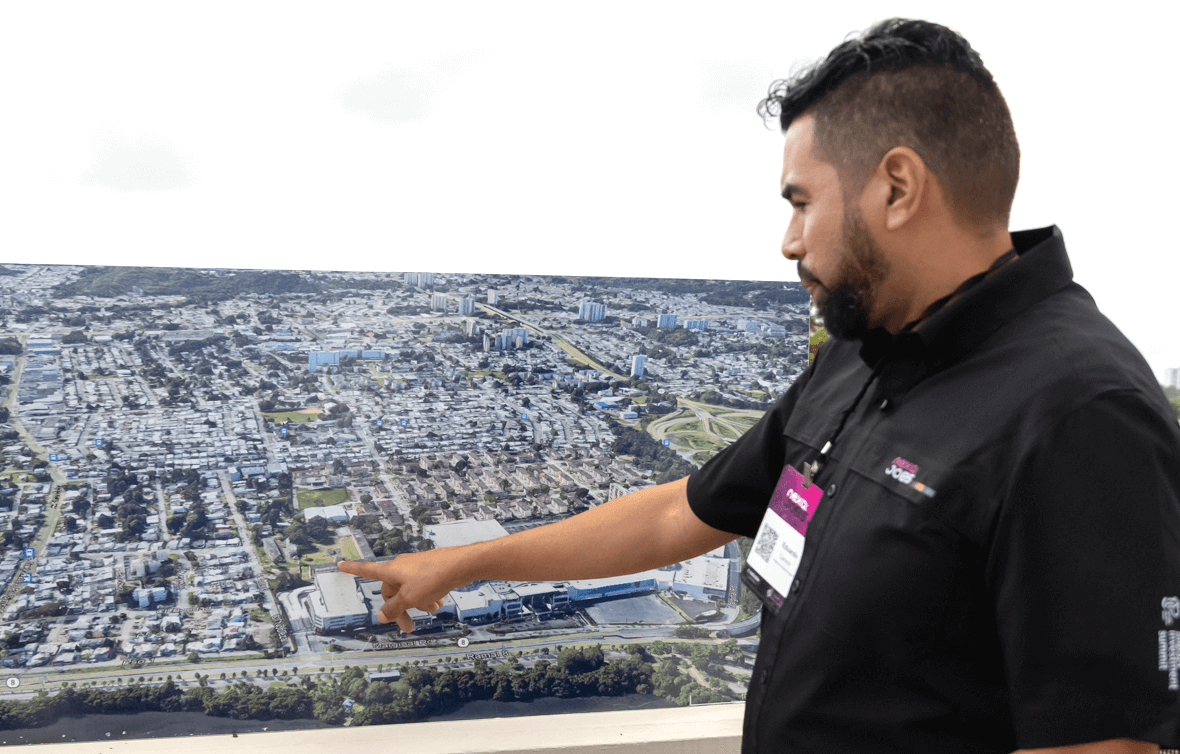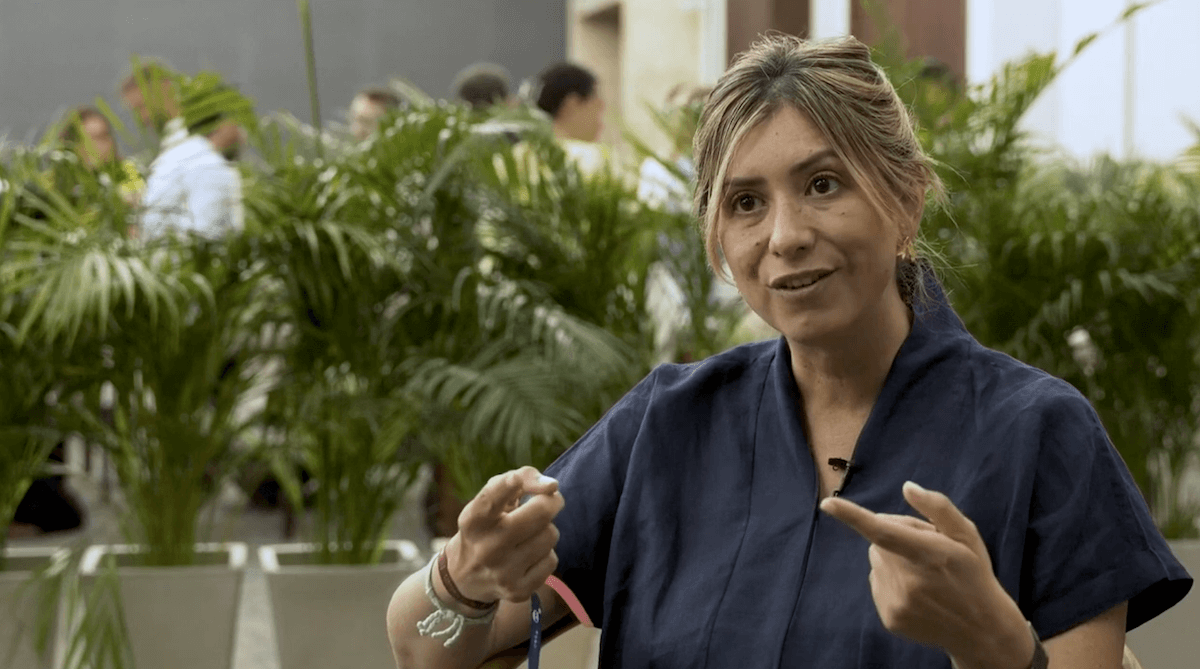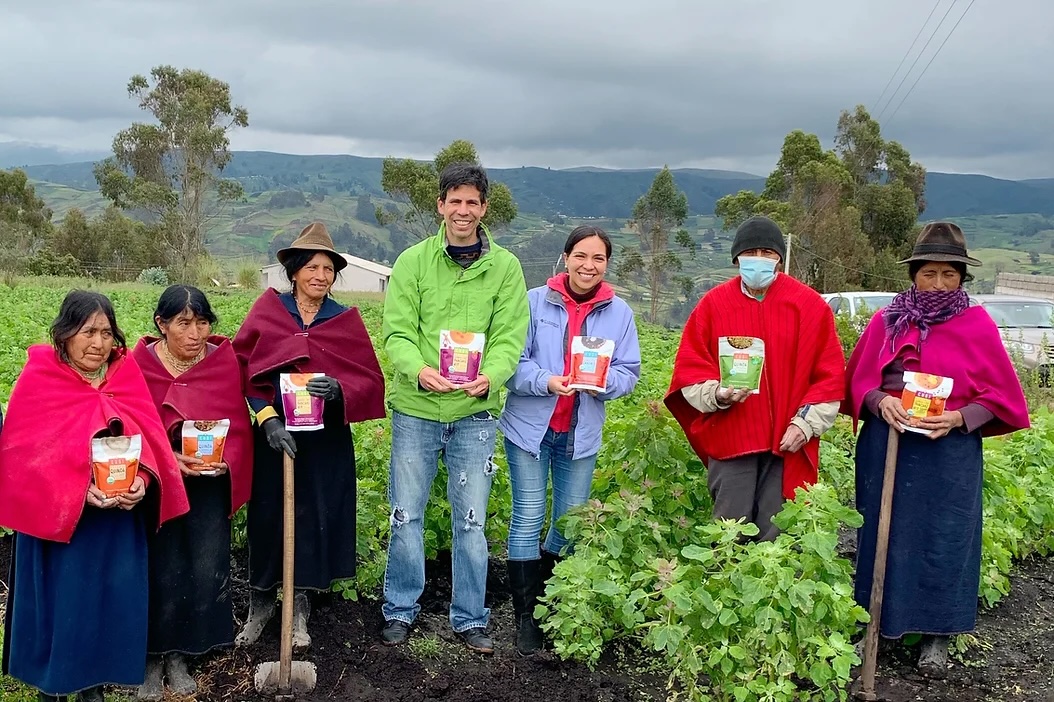ImpactAlpha, February 11 — It’s undoubtedly hard to make impact investing events stand out from the crowd. Still, there might have been a better way to frame the debate at the Economist’s impact showcase this week.
Advertised as, “Wall Street meets Mother Teresa,” the debate will consider the motion: “This house believes that impact investing will turn out to be the most profitable way to invest.” On a risk-adjusted basis and over a long enough period of time, perhaps, but that may not be exactly the right question.
Fortunately, there will be plenty of talent on hand to keep the discussion on track. It has become a minor tradition for ImpactAlpha (a media sponsor of the Economist conference) to “name check” the headliners. Not so long ago, that the Economist would even lend its name to an impact investing event was a sign of “mainstream” acceptance.
Name-checking the Headliners at the Economist’s Impact Investing Conference
This year’s muddled message is perhaps itself a signal of the larger uncertainty that has lately grasped the emerging investment approach. The historical moment, as displayed at the recent meeting of the World Economic Forum in Davos, calls for heightened skepticism of finance and corporate behavior. The Economist claims Tuesday’s event will “demand more of the business leaders at the helm of the global economy.”
But there’s also growing dissension on the question of whether impact investing is the solution, or part of the problem. The growth of impact investing, the event’s agenda points out, came during a bull market, and “during this same time period, GHG emissions hit an all-time high, the poverty gap expanded, healthcare costs increased and global trade cooperation soured.”
The Impact Alpha: Agents of impact start to infect their hosts
The conference will offer takes on investing in climate adaptation, refugees, and technologies such as artificial intelligence and blockchain. For one discussion, the program asks “Is there really a financial case for reducing carbon footprints and for fossil-fuel divestment?”
Tiedemann Advisors’ Michael Tiedemann, JUST Capital’s Martin Whittaker, US-SIF’s Michael Young and Fran Seegull of the U.S. Impact Investing Alliance will assess impact investing’s resilience in a market correction. Will it be washed out with the tide, or should impact investments be prioritized due to what The Economist calls “their inherent risk management characteristics”?
For Adobe Capital, competitive returns in Mexico run through social ventures
Other headliners to watch:
Sallie Krawcheck left her post as CEO Bank of America Merrill Lynch’s wealth management group to launch Ellevest, a digital financial advisor. By meeting women’s retirement-financing needs, she aimed to fix an investing industry “built by men for men,” she said. Ellevest’s products are designed to account for women’s unique career and life paths. Its Impact Portfolios invest in companies committed to helping women advance. With Pax World Funds, it created a gender-focused mutual fund, the Pax Ellevate Global Women’s Leadership Fund.
The fund ranks high for gender-equality relative to the limited set of explicitly gender-lens funds. But even Ellevest can’t break free of old norms. “There are not sufficient impact investments that meet our fiduciary criteria for all of our asset classes,” Ellevest’s website states. The fund selects a mix needed to hit its clients’ financial goals, the fund discloses, even if that mix includes negative factors that Ellevest recognizes “have a disproportionate effect on women.”
Catherine Berman launched CNote, an impact investing product for “everyday investors.” Most financial products target high-net-worth and accredited investors. CNote’s idea is that “everyone deserves a shot at financial freedom and that each of us can play a part in building a more equal world.” CNote has committed more than $18 million to low-income communities and hundreds of mostly minority- and women-owned businesses, while generating 2.75% returns to account holders. CNote’s co-founder, Yulia Tarasava, is one of ImpactAlpha’s weekly Agents of Impact.
CNote launches to bring impact investing to savings accounts
John Goldstein joined Goldman Sachs Asset Management when Goldman acquired Imprint Capital in 2015, giving the bank capacity to find and structure impact deals and funds for high-net-worth and institutional clients. Goldman now claims supervision of more than $15 billion in targeted environmental, social and governance, or ESG, and impact investing assets (and an additional $70 billion in assets with ESG screens). In the mock debate, Goldstein will be arguing the view that “impact investing will turn out to be the most profitable way to invest.” (Other debaters include the Beeck Center’s Lisa Hall, IGNIA’s Michael Chu, and Ronald Gilson, a professor at Columbia and Stanford.)
“Most profitable” may be a bridge too far, but Goldstein does see ESG as a risk-reducer and opportunity-identifier. ESG factors are helping the firm manage left tail downside risks posed by issues such as climate change, Goldstein (with co-author Megan Starr) wrote in the recent Beyond Tradeoffs series, and “capitalize on potential right tail upside from environmental and social themes aligned with market forces and potentially overlooked by other investors.” Goldman built a $4 billion low-carbon equities index for New York State Common Retirement System. It has launched its own renewable energy brokerage, and committed its own operations to be 100% renewable by 2020. Goldman has pledged $500 million to support women-led businesses.
Who’s the Next Impact Target After Goldman Sachs Snaps Up Imprint Capital?
Emilie Mazzacurati runs Four Twenty Seven, an analytics firm that helps companies assess climate impacts and risks. Mazzacurati advised former California Gov. Jerry Brown and the mayor of Paris and lectures on business and climate change at University of California, Davis. “Our economy depends on businesses getting smarter about their climate risk,” she writes. “Risk assessments are just the beginning of the conversation.”
Martin Whittaker leads JUST Capital with hedge fund billionaire Paul Tudor Jones II, Deepak Chopra, Arianna Huffington and others. JUST’s index ranks companies on their social, environmental and governance performance against priorities determined by public polling. Last June, the launch of the JUST ETF with Goldman Sachs Asset Management ended its day with more than $250 million in assets, signaling investor interest in sustainability performance. The ETF has helped illuminate the impact of the rest of Goldman’s $1.3 trillion in assets under management. An investigative report took Goldman to task for its record of proxy voting on shareholder resolutions at companies in the JUST portfolio, “to help CEOs block key environmental and social justice reforms proposed by their shareholders,” the reporters found.
The Impact Alpha: ‘Hybrid’ investors seek the alpha in impact
Bill McGlashan founded and leads TPG Growth’s $2 billion Rise Fund. With more than 75% of the fund committed, TPG Growth is raising a second impact fund, targeting $3.5 billion. It’s also negotiating to take over Abraaj’s $1 billion Growth Markets Health Fund. McGlashan has described himself as “hell-bent on activating the trillions needed to achieve the U.N.’s Sustainable Development Goals.” The Rise Fund measures its impact by a metric it calls the Impact Multiple of Money, assigning a dollar value to the positive benefit of its investment capital. The Rise Fund recently spun off the research and measurement service into a separate entity known as Y Analytics.
Rise Fund’s Impact Multiple of Money: A conversation with TPG’s Bill McGlashan
Durreen Shahnaz is the founder of Singapore-based Impact Investment Exchange. IIX has advised and led creative capital deals on women’s livelihoods in Southeast Asia and mini-grids in Shahnaz’s home country of Bangladesh. Shahnaz’s life has been affected by conflict; she sees impact investing as a path to peace building. “If we can promote inclusion and close inequality gaps in our financial and economic systems,” she said, “we can tackle a crucial source of conflict.”
Impact Investment Exchange: Building a social capital market in Asia











